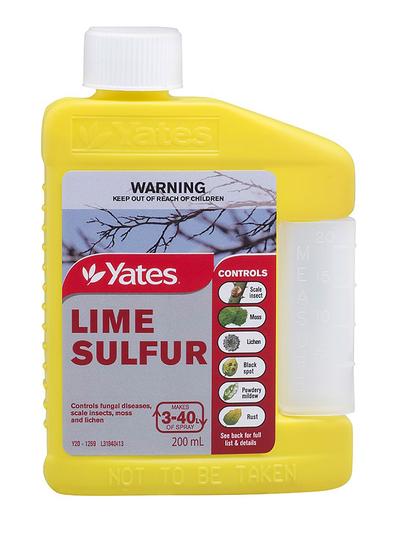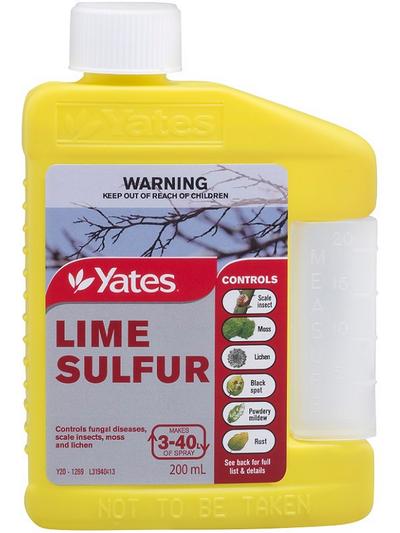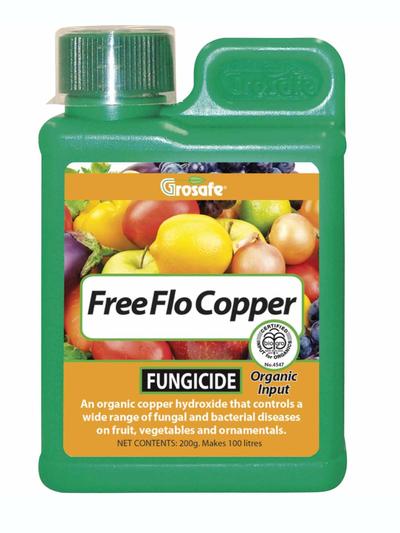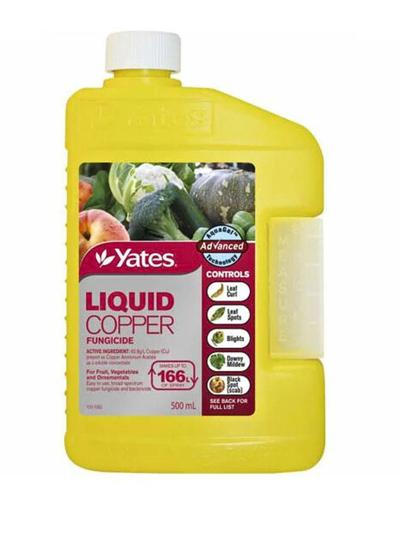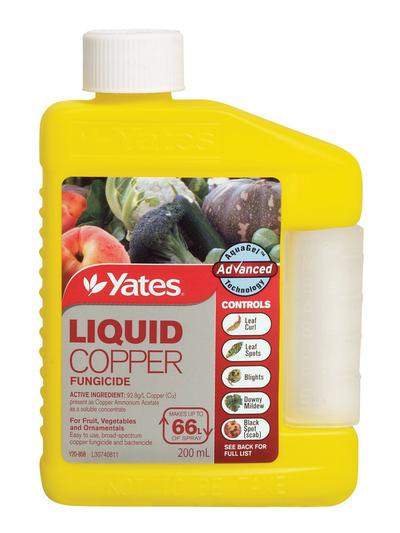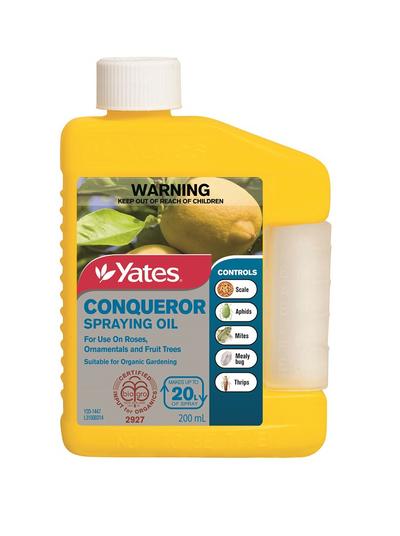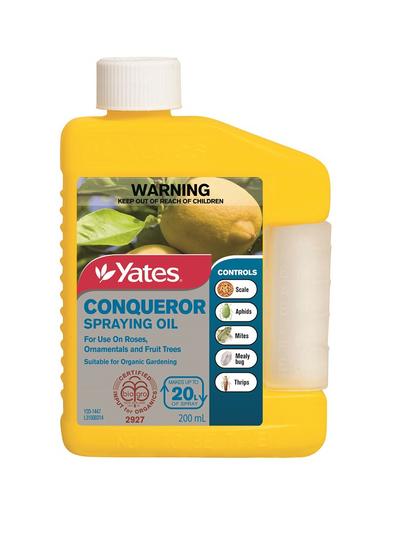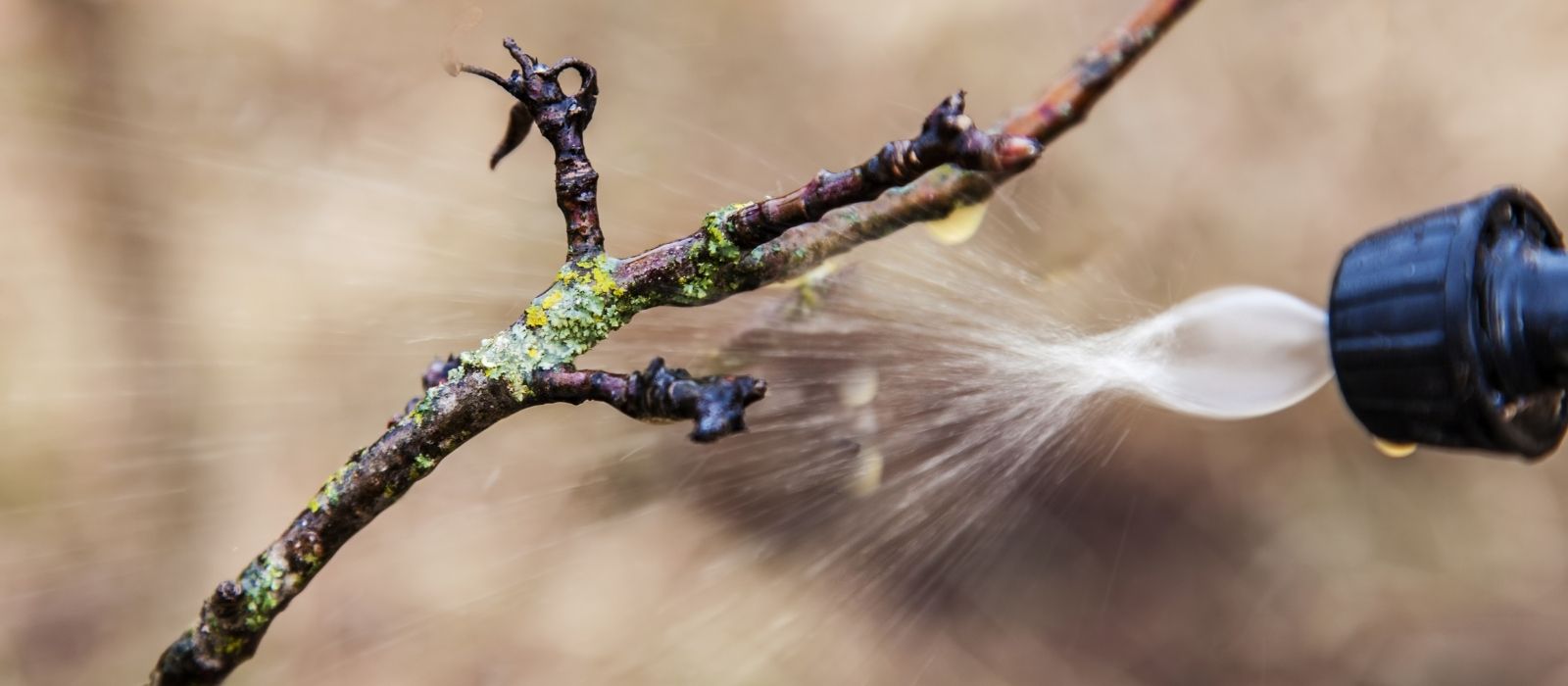
Prune in May
Start pruning on a still, dry day using clean, sharp tools. Remove any dead or diseased wood and mummified fruit, including rose hips. This cleanup is essential to preparing your plants for the upcoming season.
Apply Lime Sulphur Spray
After pruning, apply a lime sulphur spray to the entire plant. Ensure the spray reaches all crevices, cracks, and forks of the plant. Lime sulphur is an effective treatment for fungal diseases. It also helps control overwintering pests such as mites and insects and their eggs. Additionally, it removes lichen and moss from deciduous plants.
Important Notes:
- Do not use lime sulphur on plants with new leaf growth or those already in leaf.
- Do not use lime sulphur on apricots, evergreen plants, or citrus trees.
- Never mix lime sulphur with other sprays.
- Wait at least three weeks after using lime sulphur before applying other sprays.
Apply Liquid Copper
Spray the plant with liquid copper three to four weeks after applying lime sulphur. This fungicide forms a protective barrier against bacterial and fungal diseases like fireblight, bacterial canker, and leaf curl. It also seals pruning wounds to prevent infections. Apply liquid copper before the flower or leaf buds open.
Use Spraying Oil
One week after applying liquid copper, apply spraying oil (e.g., Conqueror Oil). Coat the plant thoroughly so the oil runs down the stems and leaves. This suffocates any overwintering insects hiding in the branches and cracks. Apply this before any flowers open and repeat the process within 10-21 days. Tip: This spraying oil is also excellent for citrus trees, so be sure to include them in your program.
Post-Flowering Maintenance
After your plants drop their petals (petal fall), repeat the application of liquid copper and follow up with another round of spraying oil one week later.
Prune Again
Do any additional pruning on a clear, sunny day. This includes removing old canes from roses and brambles and thinning and shaping your apple, pear, and plum trees.
Important Notes:
- Do not prune peach, apricot, or nectarine trees during winter.
- Remove any fallen leaves to reduce the risk of pests and diseases spreading.
- Continue spraying your roses, fruit trees, and the surrounding soil to maintain healthy plants.
- Do not use sulphur sprays on apricots and evergreen trees.
- Never spray plants that have flowers.
Extra Tip:
Use Yates Trace Elements Liquid or Egmont Trace Element Mix around the base of your trees to replace essential nutrients and boost plant immunity.


